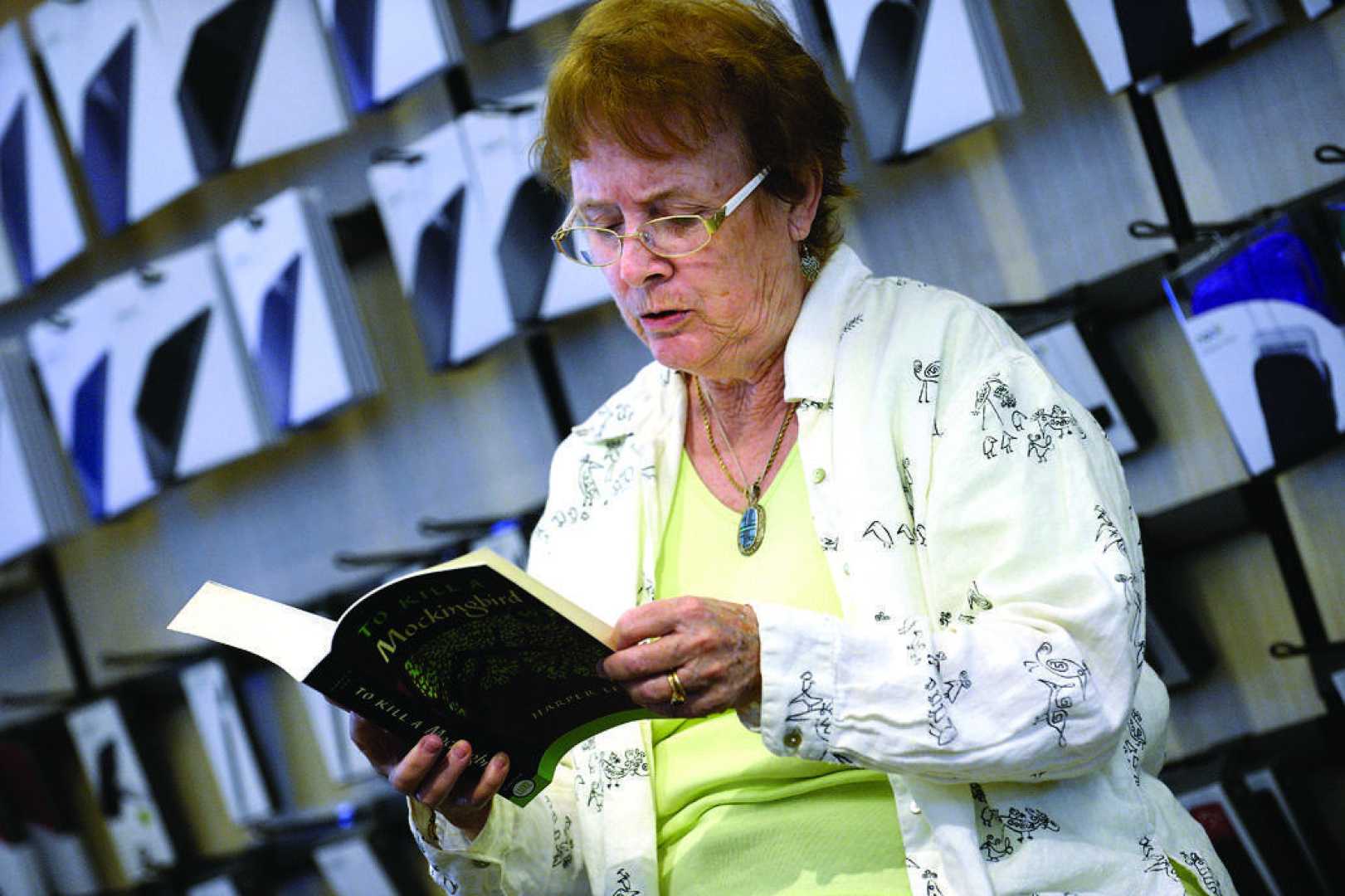Health
Mark Carroll’s Ongoing Battle with CTE Highlights Urgency for Change

Former New South Wales State of Origin player, Mark Carroll, has provided an update on his struggle with chronic traumatic encephalopathy (CTE), a degenerative brain disease linked to repeated head injuries in sports. Known for his advocacy on concussion-related issues, Carroll’s efforts have helped bring attention to the necessity of treatment and prevention of CTE, even reaching discussions in parliament.
Carroll, who has become a familiar face on television and radio, addressed recent concerns from fans about his changing on-air delivery. In a video posted to Instagram, he explained that his anxiety, a symptom of CTE, causes his body to tense up, thereby affecting his voice. “I wish it was from getting hit in the throat like my great mate Geoff Toovey or Gary Larson,” Carroll stated. “Unfortunately, it’s the symptoms of CTE. I’ve got anxiety. Why? I’ve got no idea.”
The former player also expressed gratitude for the support he’s received, encouraging others experiencing similar issues to seek help. “Stronger together,” he added in his message, emphasizing the importance of community and solidarity in facing such challenges.
Rugby league has seen several of its former players, including Steve Mortimer, Mario Fenech, and Wally Lewis, exhibit symptoms of CTE. Carroll himself underwent a PET scan last year that confirmed signs of the disease, pushing him to discuss suicidal thoughts linked to his past injuries.
The increased focus on head injuries has led to new protocols in the NRL, and last year, the AFL faced a class action suit related to ongoing issues from concussions. Carroll advocates for government intervention to make PET scans for CTE diagnosis affordable through Medicare, citing the financial burden such tests present.
Carroll is also calling on the NRL and the government, spearheaded by Prime Minister Anthony Albanese, to take more decisive action regarding mental health initiatives related to sports injuries. He hopes that by addressing these issues, future players will not have to endure the same hardships.
Tragically, former players, like Paul Green, have succumbed to the effects of CTE, prompting Carroll to seek further medical advice after learning about Fenech’s struggles with dementia. Dr. Rowena Mobbs confirmed his diagnosis, which left Carroll fearing for his life.
Carroll’s story underscores the critical need for continued advancements in sports safety and mental health support. He recalls the lack of concussion protocols during his playing days and now pleads for those measures to be strengthened to protect current and future athletes from the devastating impact of injuries.












